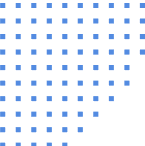Overview
As PHP is a single-threaded environment, you cannot use a queue in a separate thread or a connection pool to flush messages. Instead, you can specify different consumers to make requests to RudderStack servers. The lib-curl consumer is preferable for low-volume sources, and the fork-curl consumer should work best for cases where you can't use persistent sockets. You can use both of these for faster response times under light loads. However, the lib-curl consumer is RudderStack's default PHP library.
RudderStack’s open-source PHP SDK allows you to track and capture event data from your PHP code. Once enabled, the event requests will flow through RudderStack to a wide range of everyday, popular marketing, sales, and product tools.










